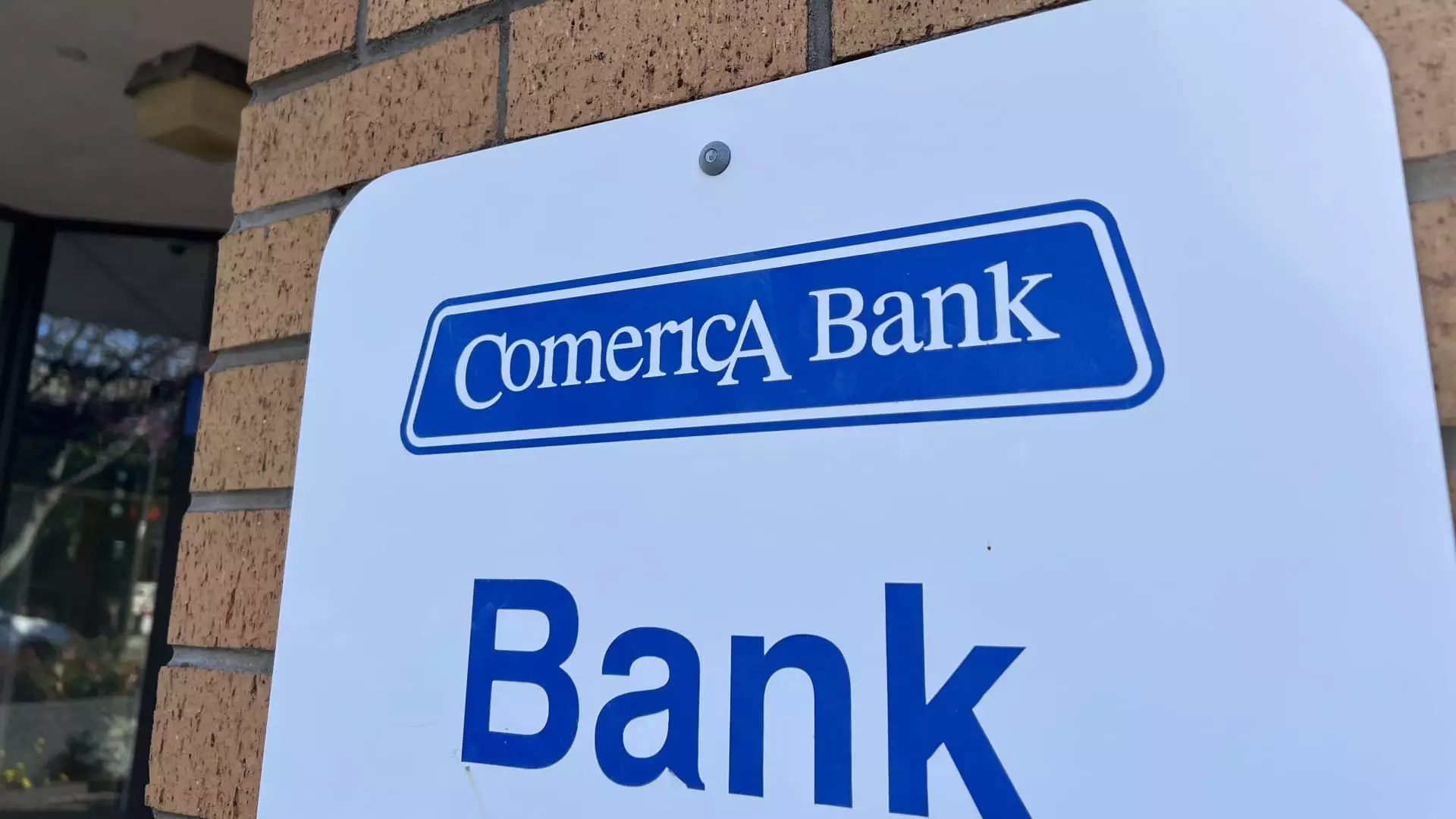The Direct Express prepaid debit card program was established to provide beneficiaries of federal assistance, such as Social Security, with a reliable means to receive and manage their funds. Unlike traditional bank accounts, which many beneficiaries, particularly the elderly and disabled, may not have access to, this program allows recipients to withdraw cash, make purchases, and pay bills with relative ease. However, its administration has come under scrutiny, particularly following the recent complaint filed by the Consumer Financial Protection Bureau (CFPB) against Comerica Bank, the financial institution tasked with overseeing the program since 2008.
The CFPB’s complaint alleges troubling practices by Comerica Bank, claiming the bank “intentionally terminated” over 24 million customer service calls. Furthermore, it is accused of charging more than a million cardholders unwarranted ATM fees and mishandling fraud complaints. These accusations point to a broader pattern of negligence and poor customer service, which disproportionately affects low-income individuals who rely heavily on this federal benefits program.
CFPB Director Rohit Chopra emphasized the gravity of these actions, stating that Comerica’s practices “boosted its bottom line at the expense of Americans living on a fixed income.” Such statements highlight the ethical implications of financial institutions’ responsibilities towards vulnerable populations.
In response to these serious allegations, Comerica Bank has filed its own complaint against the CFPB, asserting that the bureau has overstepped its bounds in the investigation. The bank contends that it has acted with oversight and approval from the federal government, implying that any operational failings may be shared rather than solely a product of its management.
Louis Mora, a Comerica vice president, stated that the bank has cooperated with the CFPB’s investigation while attempting to provide context about the unique challenges of administering the Direct Express program. This defensive posture underscores the complex interplay between regulatory oversight and corporate responsibility, as banks navigate both government requirements and customer service obligations.
The allegations against Comerica Bank raise significant concerns about the accessibility and reliability of essential financial services for beneficiaries of federally funded programs. If proven true, the accusations could lead to financial hardship for millions of individuals who depend on the Direct Express card to manage their daily expenses. Furthermore, the complaint underscores the need for robust oversight of financial services that cater to vulnerable populations, ensuring that institutions prioritize customer service and ethical practices.
The CFPB is no stranger to holding financial institutions accountable for their treatment of customers, as evidenced by past actions, such as the significant fines imposed on Bank of America for its handling of unemployment benefits. These interventions underscore an ongoing commitment to protecting consumers and maintaining transparency in the financial sector. The current situation with Comerica Bank will continue to evolve as the CFPB examines the legitimacy of its claims and the bank’s defense, raising critical questions about the accountability of financial entities serving low-income populations.
The allegations levied against Comerica Bank are not just about financial transactions; they highlight broader systemic issues regarding the treatment of vulnerable individuals within the financial ecosystem. How this case unfolds may set important precedents for the future of consumer protection and corporate responsibility in the banking industry.


Leave a Reply